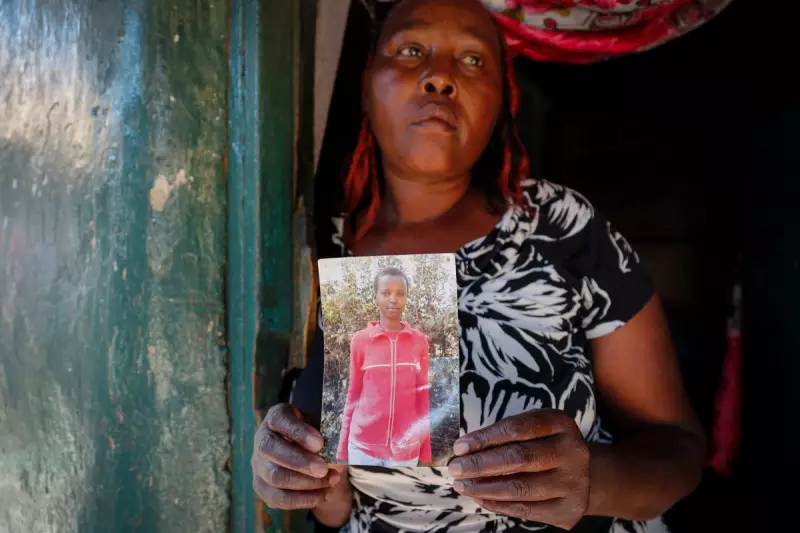
The family of a British-Kenyan national held in a maximum-security prison in Nairobi is making a desperate plea to UK authorities, alleging a grave miscarriage of justice and a year-long ordeal without formal charges.
Willyham Singei, a 32-year-old logistics expert and father, was arrested by Kenyan anti-terror police in February 2023. His family insists he was wrongly accused of possessing terrorist materials and having connections to the al-Shabaab militant group in Somalia.
A Year of Delays and Denied Rights
Mr. Singei's case has been plagued by constant postponements. His most recent court hearing, scheduled for early March, was adjourned yet again—the seventh such delay, pushing any potential progress to April. This has left him languishing in Nairobi's grim Kiamaiko police cells, a facility his family describes as overcrowded and unsanitary.
"He has not been formally charged with any crime in Kenya," a family spokesperson stated. "The authorities are seemingly acting on unsubstantiated information. We are terrified that the goal is to extradite him to Somalia, where he would certainly face an unfair trial and unthinkable conditions."
Family Appeals Directly to UK Foreign Office
Fearing for his safety and desperate for action, Mr. Singei's relatives have directly appealed to the UK's Foreign, Commonwealth and Development Office (FCDO). They are urging ministers to formally raise his case with the Kenyan government to prevent any potential extradition.
"We need the British government to step in and ensure a fair and transparent legal process in Kenya," the family's plea reads. "We believe a British citizen is being denied his fundamental rights. The silence and inaction are deafening."
Official Response and Ongoing Concerns
In response to enquiries, an FCDO spokesman confirmed, "We are providing support to a British man detained in Kenya and are in contact with the local authorities." However, the family argues that more decisive diplomatic intervention is critically needed.
This case highlights the complex challenges surrounding international counter-terrorism cooperation and the potential vulnerabilities of dual nationals. It raises serious questions about due process, detention conditions, and the extent of consular support provided by the UK government in such high-stakes scenarios.






